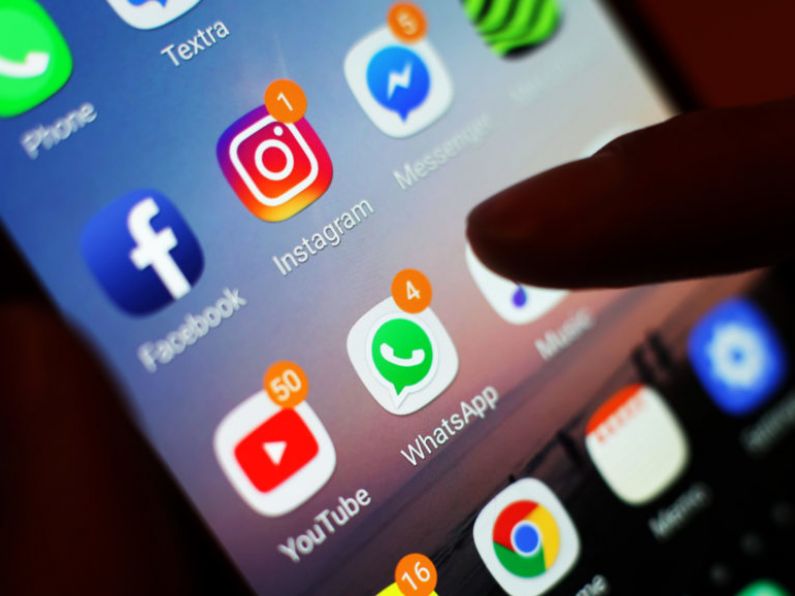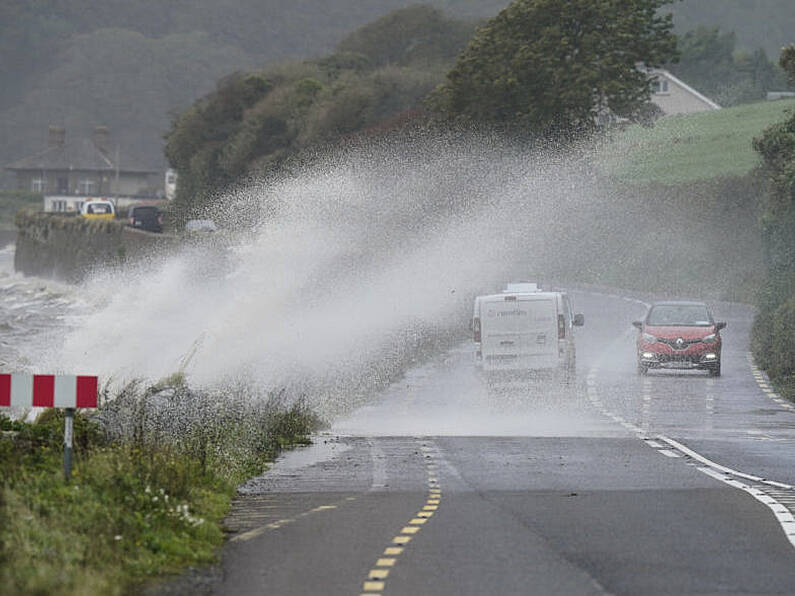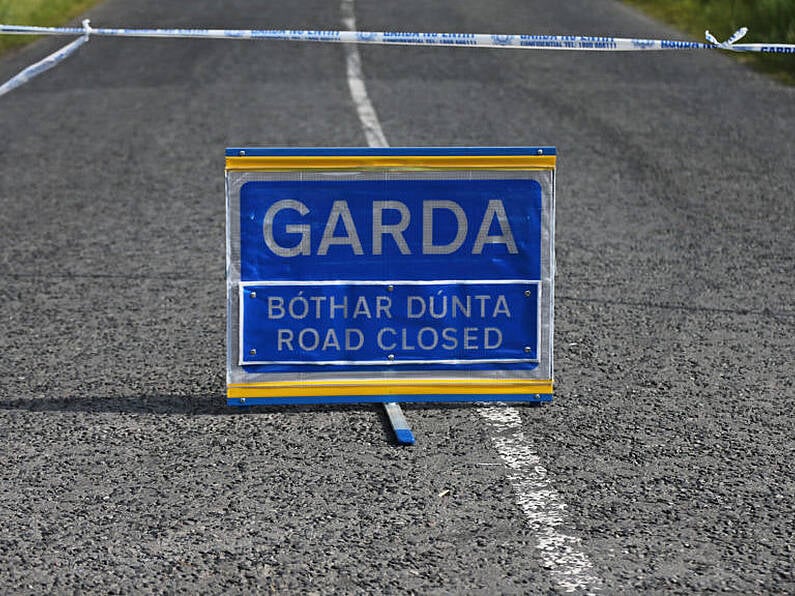Over 25 per cent of primary school aged children and 40 per cent in secondary school face cyberbullying, according to a new report from CyberSafeKids.
Their annual trends and usage report found that overall, girls were more likely to be victimised online than boys.
Almost two-thirds (62 per cent) of teachers dealt with online safety incidents and 31 per cent of 8-12-year-olds are allowed online whenever they want.
CyberSafeKids surveyed over 5,000 8-16 year-olds between September 2022 - June 2023,
93 per cent of 8-12 year-olds have their own smart device, with YouTube (76 per cent) the most popular app, followed by WhatsApp (39 per cent), TikTok (37 per cent) and Snapchat (37 per cent).
Online gaming is also popular with young children, with 15 per cent playing over 18 games like Call of Duty and Grand Theft Auto.
Whilst boys were more likely than girls to play over 18 games (28 per cent v 6 per cent), young girls are more likely to post videos of themselves online (26 per cent v 18 per cent).
The survey by Ireland's online safety charity of over 5,000 children included secondary school children for the first time.
Almost three-quarters (73 per cent) of 12-16-year-olds said they can go online whenever they want, with 40 per cent posting videos of themselves on social media platforms.
Younger children face more control at home from parents, but 31 per cent of 8-12-year-olds say they are free to go online whenever they want, and 15 per cent of primary school children have no rules in place for going online at home.
Protecting themselves
Young children are also unaware of how best to protect themselves online with 22 per cent posting videos, and 17 per cent unaware of how to manage privacy settings.
Over a quarter (26 per cent) of all the children surveyed had seen or experienced something online in the last year that “bothered” them (defined as content that scared them, upset them or made them wish they hadn’t seen it) such as sexual or violent content.
Nearly half of the younger children (46 per cent) didn’t tell a parent or trusted adult about this experience, rising to 67 per cent for secondary school children in this position.
Speaking about the research, CyberSafeKids chief executive, Alex Cooney, said: “Online safety for children remains a critical issue that is not being sufficiently addressed in Ireland’s education system or by the social media companies whose platforms are being used.
"Our data shows children are extremely active on social media, often unsupervised, leaving them highly vulnerable to bullying, grooming, and exposure to violent or sexual content.
"We've been reporting on these patterns for the past 7 years, but not enough is being done.
"We urge the Government to invest heavily in more resources and campaigns to support both parents and educators. Whilst organisations like CyberSafeKids barely have the funding to survive, many online service providers report annual profits in the billions.”
By Kenneth Fox
Keep up to date with all the latest news on our website Beat102103.com






